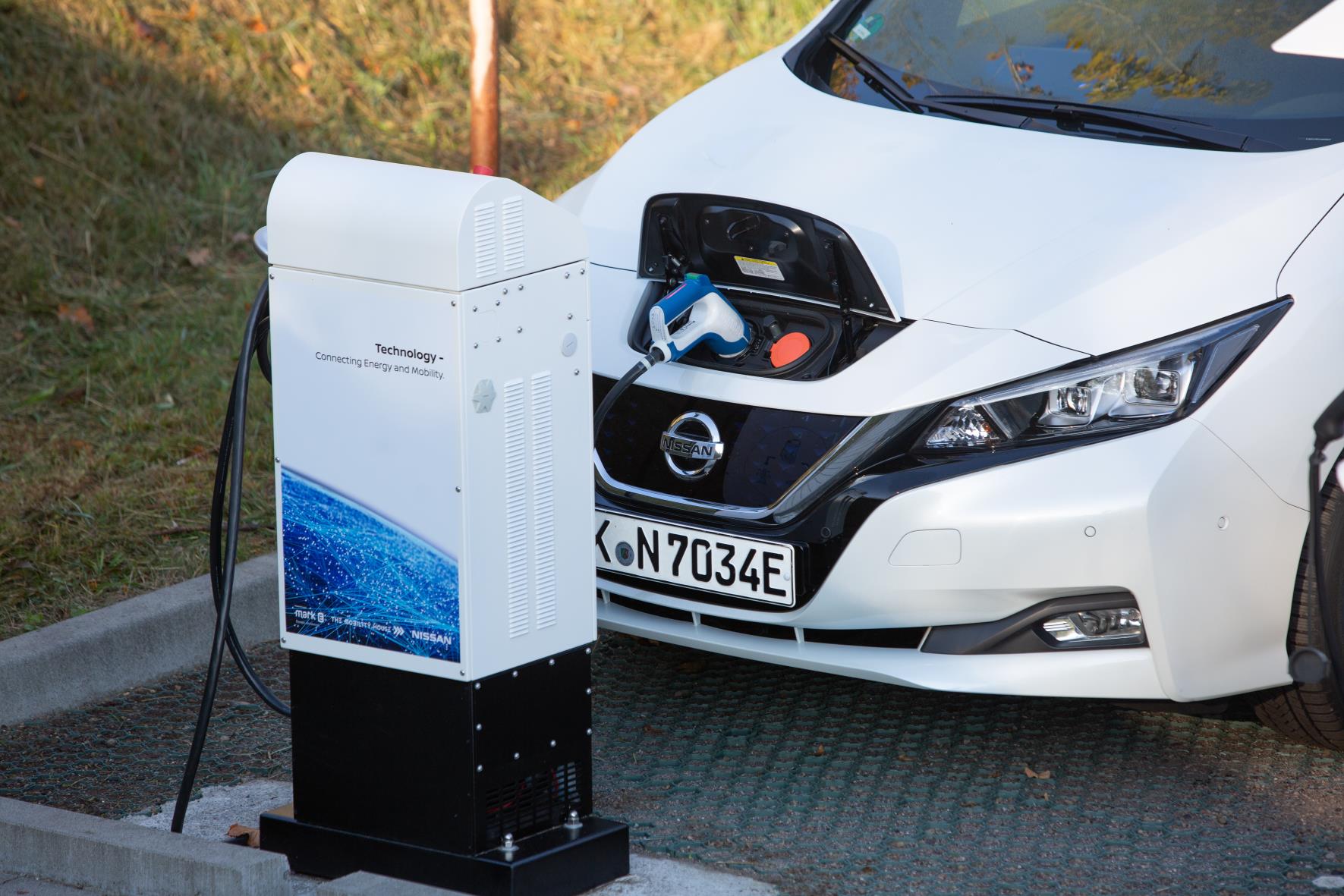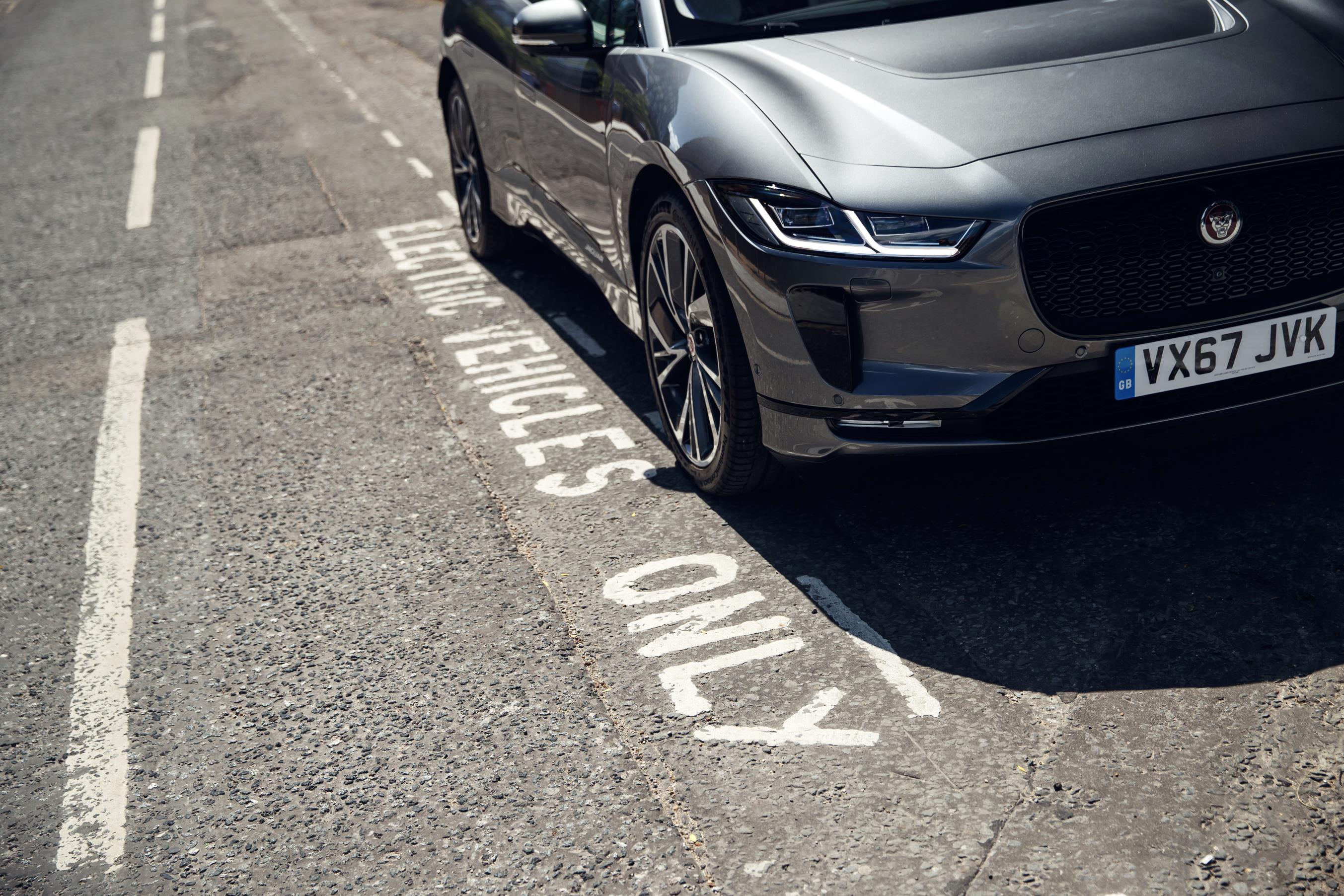Focusing on all-electric vehicles could have a detrimental effect on the environment, according to industry leaders.
They added that manufacturers’ huge push towards electrifying their ranges has resulted in battery technology that cannot be recycled or is expensive to recycle, while combustion engines still have less environment impact over the lifetime of the product.
Autocar reports that Neville Jackson, chief technology and innovation officer at Ricardo, which develops technology for both combustion engines and electrified powertrains, told attendees of the Driving the Future event in London: “We are too focused on the only way ahead being electric – and that is a message we have to get across to legislators.

“If you look at the lifecycle analysis of vehicles, which is set to be part of European Commission regulations from 2026, then the analysis of cradle to grave impact is clear: the internal combustion engine still delivers by far the lowest environmental impact.
“We need to avoid the issues of spending huge amounts making batteries that aren’t recyclable, or which are expensive to recycle. There are real opportunities with the technology – let’s not forget we invented the lithium ion cell in the UK – but there are hurdles to overcome that we have to face into in a realistic way.”
Michael Hague-Morgan, commercial director of Autocraft, a specialist engine and battery cell company, agreed, saying: “Whenever you rush into technology you make mistakes. That is already evident in the number of battery packs we are now seeing that have failures.

“Some were even designed as sealed, so you can’t open them and replace or repair them easily. The impact of that on the environment is huge. The focus on pure electric in isolation does not offer the best route – there is some wonderful hybrid technology coming, and it is my belief that will get us further down the path to our targets than pursuing electric in isolation.”
A number of car manufacturers and energy companies are looking at the storage possibilities that ‘second-life’ batteries provide. Battery cells degrade over time, and eventually cannot store enough energy to be useful in an EV and must be replaced.
However, the healthy cells can be recovered and used in stationary storage, such as in the home or business sector. Nissan recently contributed used Leaf cells to a 3MW storage system at Amsterdam’s Johan Cruyff Arena, which is designed to provide back-up energy in the event of a power cut.

